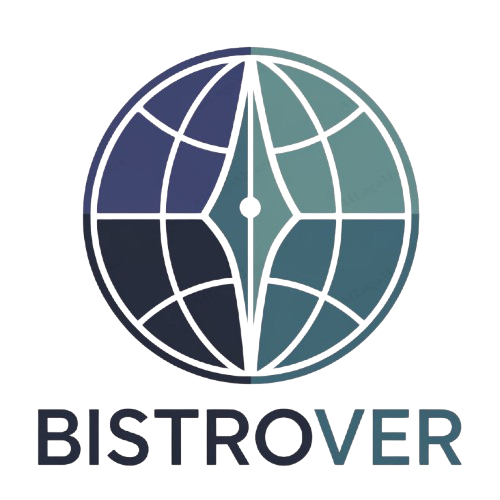Effective Revision Strategies: How to Edit Your Academic Assignments for Clarity and Impact?
Looking at the revision process is clearly an indispensable aspect of the idea of writing assignments. Many students turn to the best assignment editing services so as to get completed assignments with no areas needing revision and such an ability is vital in advancing one’s academics. Changing the concepts and their arrangement and rewriting them again are revisions that enhance the quality of the work. Hence, this article aims to provide actionable measures to accurately address any errors in academic assignments.
The first step in the improvement of any writing is the comprehension of the stages that need revision. Make sure you know the difference between editing and revision. Editing deals primarily with the correction of all the surface mechanics, such as grammar, punctuation, and spelling, whereas revision entails looking again at all the content, structure, and style of the work. The revision is usually considered in four parts: content, structural, stylistic, and conclusive stamping. There is a lot of merit in organizing your work, providing emphasis on certain aspects of the text. This can be done with the help of an assignment editing service.
Ways of Approaching the Revision Process
Disconnect From Your Piece of Writing
The most reliable method of performing the revision is to disengage from the writing before remodeling it. This is important because one who has been away for some time will be able to notice areas in their writing that require correction more quickly. It is best if the writer is off from their work for at least two to three hours, or in some cases, even a single day. Such a working guideline provides a systematic approach to looking at the attribution and helps identify problems that may have been forgotten earlier on.
Checklists are Valuable
It has been suggested that a self-designed revision checklist be helpful at this stage. Your checklist should include important aspects of any piece of academic writing. This will include the clarity of the thesis statement, coherence of the arguments, and appropriate evidence. It is a method that can help assure you no critical aspect of your writing is left unaddressed.
Directions are Important
Reading occurs only after writing, but in academic writing, there is a need to expect an audience and write accordingly. Whenever there is a need to revise, spend some time to assess the layout of your work. Each body paragraph should present a topic sentence that serves as strong evidence to support the thesis statement. The whole paper should be coherent, and the movement from one point/paragraph to another should be effectively done. An organized paper improves comprehension and increases the persuasiveness of the whole paper.
External Opinions are Valuable
Utilization of colleagues or instructors for the above purpose can also yield a fair outcome. Helping out others brings new ideas and helps to build understanding that you potentially did not consider before. State the aspects for which you desire feedback, e.g., clarity, persuasiveness, or structure. Appreciating feedback is vital to the success of your work.
Common Mistakes in the Revision Process
No matter how hard you try, there are potential revision mistakes that can be difficult to avoid. One of these is the tendency to ignore or leave out small mistakes in your final work. It is easier with such ideas to concentrate more on critical content and organizational issues. However, it is prudent to acknowledge grammatical and even punctuation errors. These flaws can lower the general quality of your assignment.
The assignment requirements, especially the rubric, are another mistake that most students make. One of the requirements while conducting an assessment of your work is to look at the work requirements rather than the work done. Check the proper word limit, proportion, and necessary parameters. Not doing so may lower the grade given, irrespective of how the writing is.
Finally, the last challenge writers face is sloppy writing, where anything that does not seem to be helping is cut off, which is a healthy practice. This principle of “cutting clutter” underscores the necessity of the work. Indeed, it can be hard to delete sections of one’s writing, particularly when one enjoys the way those paragraphs were written; however, less is often more in terms of strengths. Therefore, be very harsh with your rewrites and throw away anything that does not serve the core or key arguments.
The Bottom Line
With the help of proper revision, the perfection of one’s work is greatly achievable, especially in the context of academic writing. Although it is quite effective to ‘go away’ from the paper that you are working on, check your work aloud, use constructive checklists, concentrate on the organization of the written material, and follow up the writing with feedback, this process will improve your writing in a methodical manner. Such errors usually encompass neglecting small details, overlooking the directions of the assignments, and being unable to eliminate unnecessary units of information, among others.







